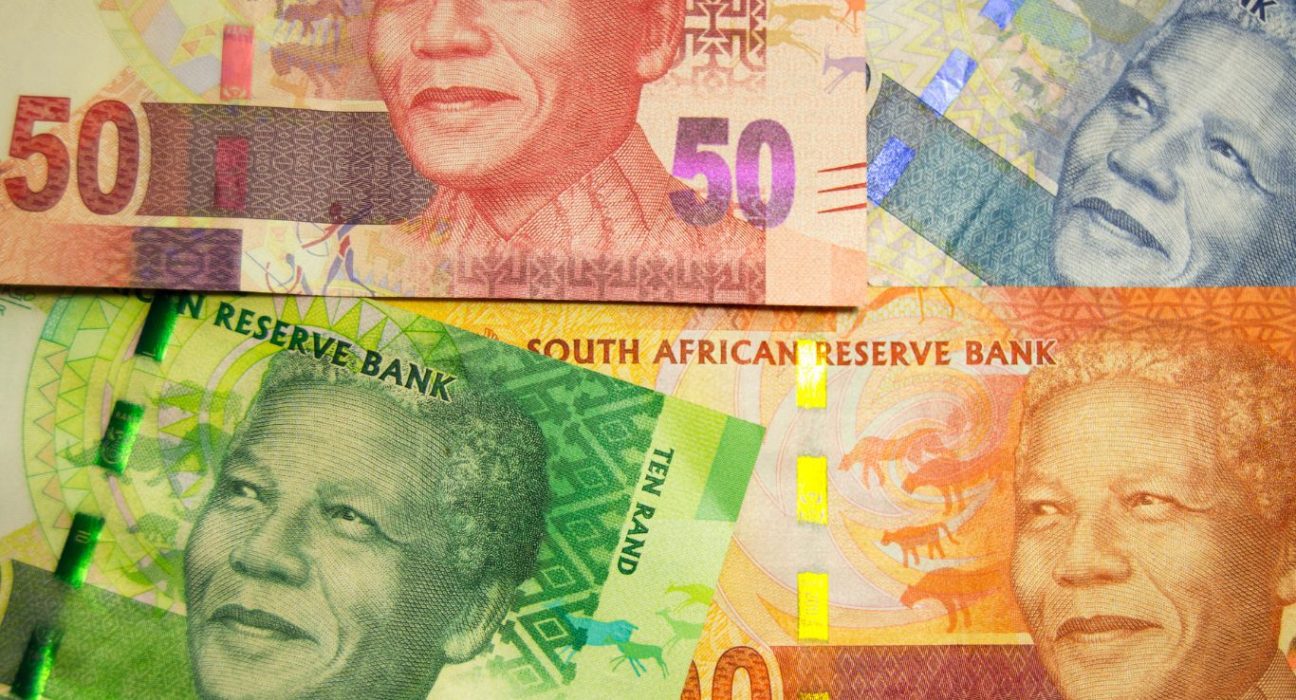The South African rand has fallen sharply to its lowest level in almost three years against the dollar, following hawkish comments from the US Federal Reserve and weak GDP figures from South Africa. This article delves deeper into the factors behind the rand’s decline and what it means for the country’s economy.
South African Rand Drops to Lowest Level in Three Years
The South African rand has hit a three-year low against the US dollar, trading at 18.6000 as of 0630 GMT on Wednesday, following hawkish comments from the US Federal Reserve and weak GDP figures from South Africa. The rand’s decline is expected to have a significant impact on the country’s economy, which is already grappling with the fallout from the COVID-19 pandemic.
Factors Behind the Rand’s Decline
The biggest driver of the rand’s decline is a warning from US Federal Reserve Chair Jerome Powell that US interest rates may need to go up faster and higher than expected to control inflation. This has led to a rise in the dollar’s value against most other major currencies, including the rand. Additionally, South African GDP figures released on Tuesday showed that the country’s economy contracted more than expected in Q4 2022. If it contracts again in the current quarter, South Africa will officially enter a recession.
Impact on South Africa’s Economy
The rand’s decline is likely to have a negative impact on South Africa’s economy, which is already struggling to recover from the COVID-19 pandemic. A weaker rand makes imports more expensive, which could lead to higher inflation and ultimately higher interest rates. This, in turn, could lead to lower consumer spending and slower economic growth. Furthermore, the COVID-19 pandemic has had a devastating impact on South Africa’s economy, with the country recording its largest contraction in nearly a century in 2020. The country’s unemployment rate has also skyrocketed, with millions of people losing their jobs due to the pandemic.
What Can be Done?
In order to mitigate the impact of the rand’s decline on the economy, South Africa’s government and central bank will need to take decisive action. This could include implementing measures to boost exports and reduce imports, such as subsidies for local manufacturers and tariffs on certain imported goods. The government could also consider implementing measures to boost consumer spending, such as tax cuts or increased social spending. Additionally, the central bank could consider lowering interest rates to stimulate economic growth and encourage borrowing and investment.
Conclusion
The South African rand’s decline to a three-year low against the US dollar is a cause for concern for the country’s economy, which is already grappling with the fallout from the COVID-19 pandemic. The hawkish comments from the US Federal Reserve and weak GDP figures from South Africa have contributed to the rand’s decline, which could lead to higher inflation and slower economic growth. In order to mitigate the impact, the government and central bank will need to take decisive action, including measures to boost exports, reduce imports, and stimulate consumer spending. However, the long-term solution will require addressing the underlying economic challenges facing the country, such as unemployment and structural reforms.










